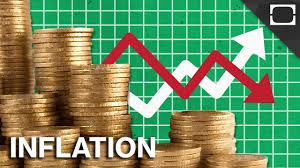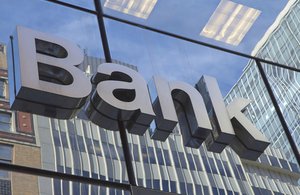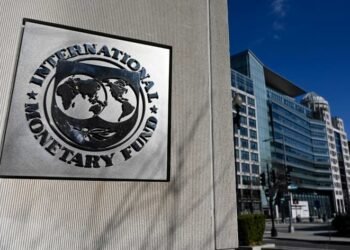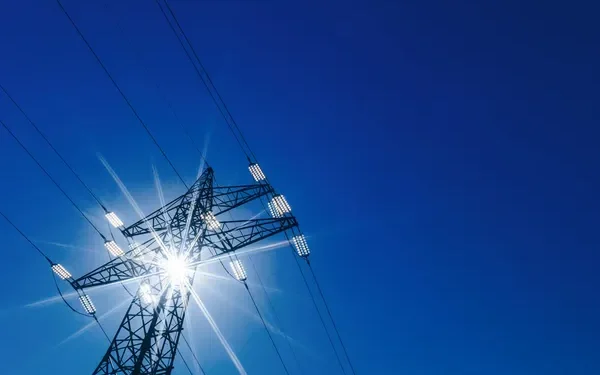The government of Ghana expects inflation to end the year 2021 at 8.0 percent. This will be in consonant with the medium-term inflation target band of 8±2 percent. Whilst this target may seem realistic on paper, there are several downward risks. One of which is the government’s fiscal policy measures for the year, specifically the introduction of new taxes.
Over the years, price developments are largely driven by volatile food prices while non-food inflation remained fairly stable. The government’s agenda of keeping inflation within the target band of 8±2 percent is mostly jeopardized by rising food prices. Whilst the COVID-19 effect cannot be ignored, Ghana has barely met its inflation targets. 8.0 percent 8.0 percent 8.0 percent
Recent developments
Nonetheless, the country has done so well to keep inflation low until COVID-19 triggered panic-buying episodes preceding the partial lockdown. This exerted significant pressure on food prices. As a result, headline inflation rose sharply from 7.9 percent in December 2019 to 11.4 percent in July 2020.
However, with the gradual lifting of restrictions, the food price pressures eased gradually. Yet, prices have not been stable between Q4 2020 and Q1 2021. Headline inflation which ended the year 2020 at 10.4 percent, currently stands at 10.3 percent at End-February 2021. This shows that inflation is still above the target band.
Proposed taxes
The government has proposed new taxes in the 2021 Budget Statement. Notable among the proposed taxes include the COVID-19 Health Levy to support expenditures related to COVID-19. This includes a 1 percent increase in the National Health Insurance Levy and VAT Flat Rate.
There is also the Sanitation and Pollution Levy (SPL) of 10 pesewas on the price per litre of petrol/diesel under the Energy Sector Levies Act (ESLA). Others include a financial sector clean-up levy of 5% on profit-before-tax of banks and a proposed increment in Road Tolls.
The Impact of taxes on inflation
Looking at the proposed taxes, it will be tempting to believe that only an increase in the VAT and the NHIL affect the consumers. However, a dynamic analysis of these taxes show that the incidence of all or almost all of them rest on the final consumers.
A fuel tax will be passed on to consumers through a rise in transportation cost. Meanwhile, the transmission mechanism of a rise in transportation cost on inflation is very clear in the case of Ghana. This is because most of the food consumed in the cities is produced in rural areas. These areas are mostly kilometers away from the major markets in the cities. Bad road networks also compound the situation. Once food prices go up, inflation will rise since food remains the major driver of headline inflation in Ghana.
Bank tax impact on producers
Meanwhile, a tax on profit-before-tax of banks will also reduce plough back profits, as a source of financing. This will reduce funds available for lending to investors and may affect the level of investment in the country. Also, a tax on the banks can be passed on to lenders through high-interest rates. Allegedly, interest rates in Ghana are among one of the highest in the Sub-region. The average lending rates of banks currently stand at 21.10 percent as of December 2020. An increase in the cost of borrowing will not only deter investment but will also result in higher costs of production. Once production costs are high, the cost of products and services will also increase.
Nonetheless, the government should be commended for not placing a tax on production. Otherwise, that would have stifled job creation and worsen unemployment rates. However, a tax on the banks may indirectly affect producers.
Unarguably, the government needs resources to deliver critical services to support the transformation of the economy and to ensure fiscal and debt sustainability. Whilst it is time for all Ghanaians to make some sacrifices, paying taxes have always placed a burden on the taxpayers and consumers. More especially, the current taxes may result in rise in prices of goods and ultimately impact negatively on inflation. Therefore, chances are high that the government may not achieve its target this year due to the proposed taxes.
READ ALSO: Expert Calls for Local Capacity Building in Petroleum Industry























